Shogun sweets? Trees said to be planted by first Tokugawa shogun still bear fruit used for sweets
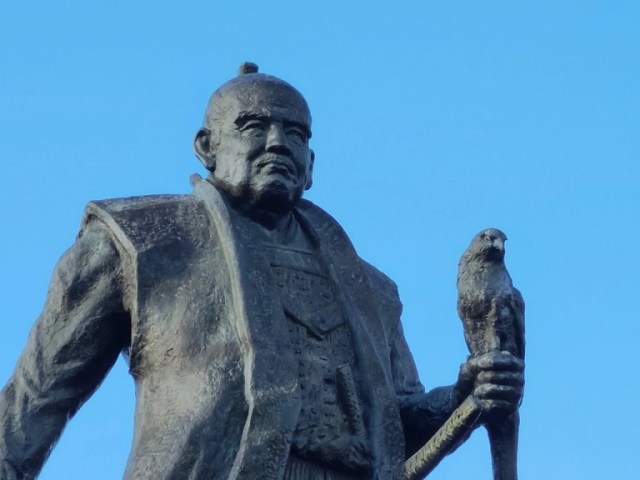
Taste-testing Ieyasu Mikan desserts.
You could argue that much of what exists in Japan today is there, at least in part, thanks to Tokugawa Ieyasu. The founder of the Tokugawa shogunate that ruled Japan for more than 250 years, Ieyasu brought an end to centuries of civil war and ushered in a period of peace and stability that allowed for cultural/societal advancements that would have been impossible while so much of the country’s resources were focused on warfare during the Sengoku period.
But in Shizuoka Prefecture there’s a part of Ieyasu’s legacy that’s less abstract: trees said to be planted by the shogun himself, which still bear fruit…and you can eat it!
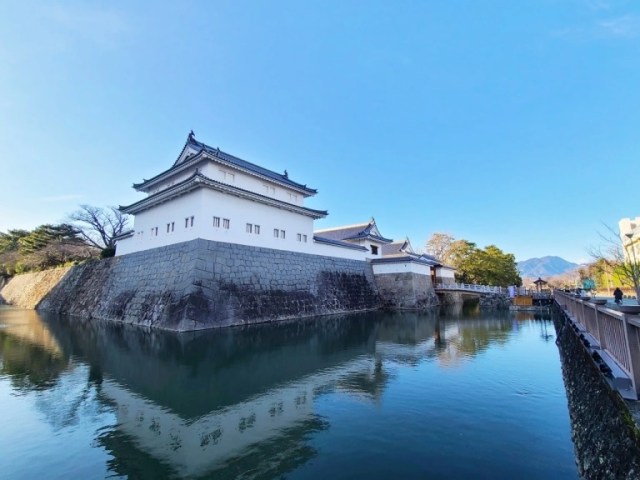
Ieyasu spent his youth and young adulthood at Sunpu Castle in Suruga Province, as the Shizuoka area was called in those days. His campaigns as lord of the Tokugawa clan would eventually take him all over the country, but after he retired as shogun and relinquished the position to his successor, Ieyasu returned to Sunpu once more to live out his later years.
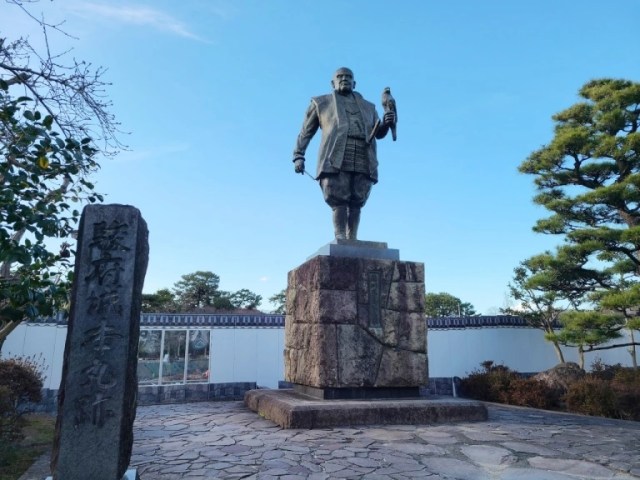
The castle grounds are now a public park in Shizuoka City, but you’ll find one section that’s off-limits. Near the statue of Ieyasu stands a grove of trees surrounded by a fence.
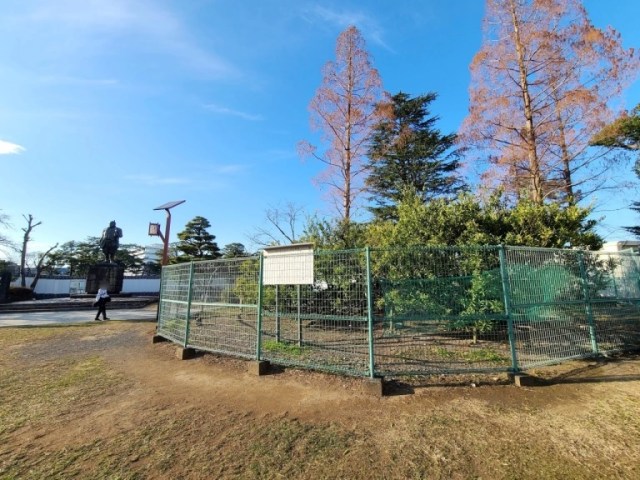
These are the Ieyasu Mikan trees, a group of mikan (mandarin orange) trees said to have been sent as a gift from Kii Province (present-day Wakayama Prefecture) to Ieyasu upon his return to Sunpu Castle, which Ieyasu then personally planted on the castle grounds.
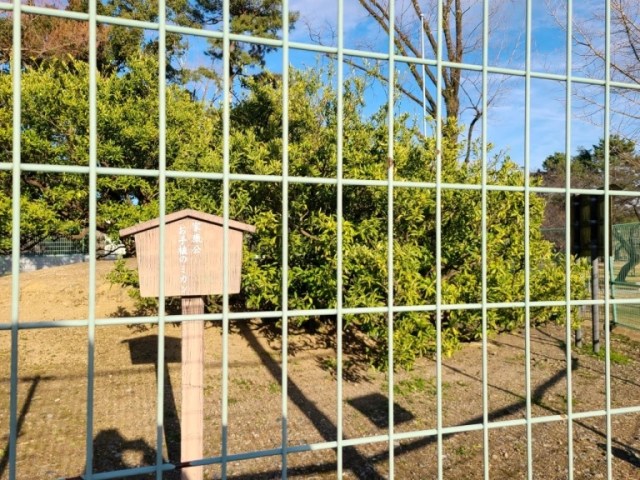
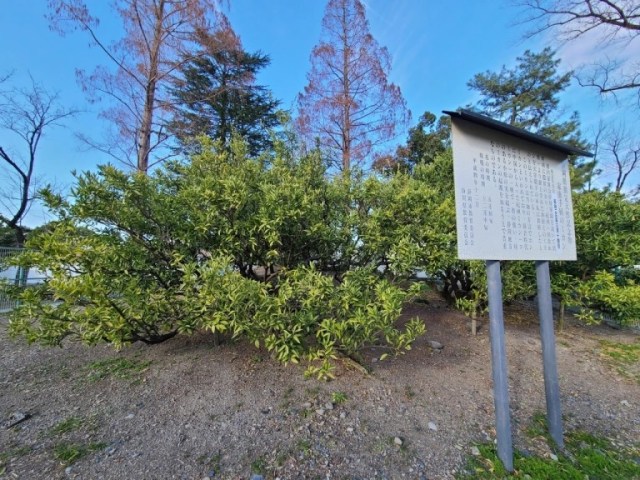
Because of their historical significance, visitors can’t walk up to the trees and pick fruit for themselves. However, when mikan do appear on the trees’ branches, they are harvested, and some of them get used as ingredients by local confectioners and other food companies for delicious treats that even we commoners can enjoy.
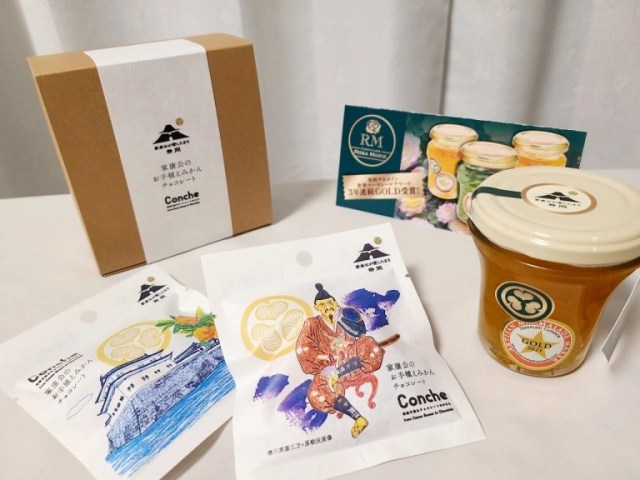
We decided to try two of them, starting with the Ieyasu Mikan Chocolate from Conche, a Shizuoka City chocolatier.
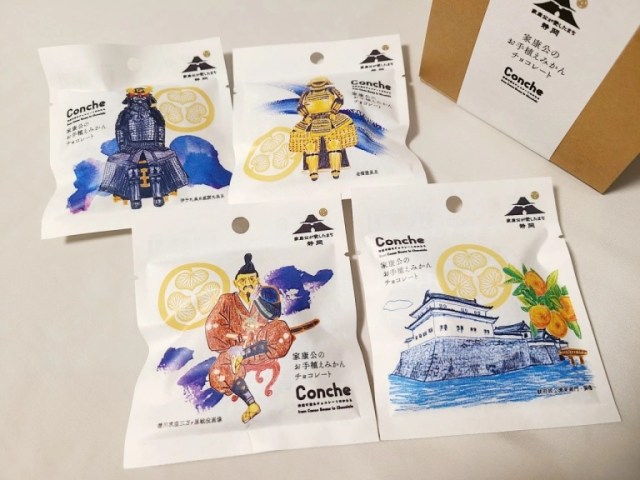
The individual pouches are decorated with illustrations of Ieyasu, his clan crest and armor, and Sunpu Castle. Tear one open, and you’ll find vibrant mikan slices half-covered in chocolate.
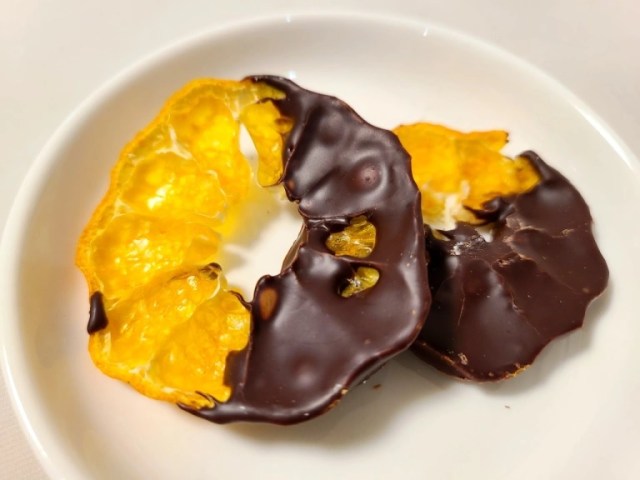
The mikan slices still have their skin on them, as the zest of the Tokugawa Mikan, with a touch more bitterness than typical varieties of the fruit, is one of their distinguishing characteristics. The fruit is sweet but still has a pronounced citrusy tang, and combined with the sweet chocolate makes for a sophisticated and satisfying mix of flavors.
Next on our taste test list: marmalade made with Tokugawa Mikan and yuzu from confiture maker Rosa Marie.
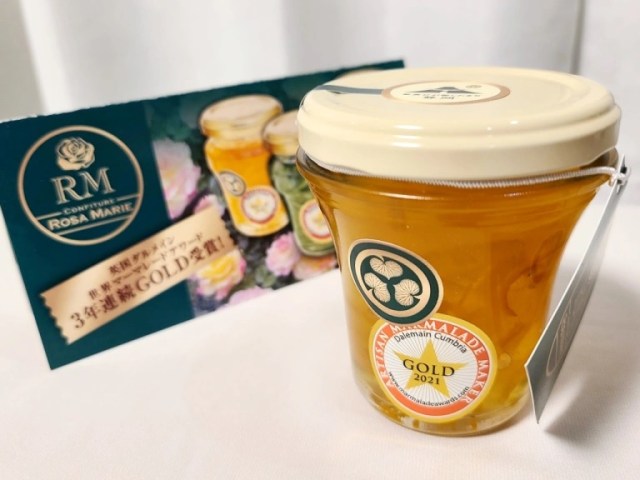
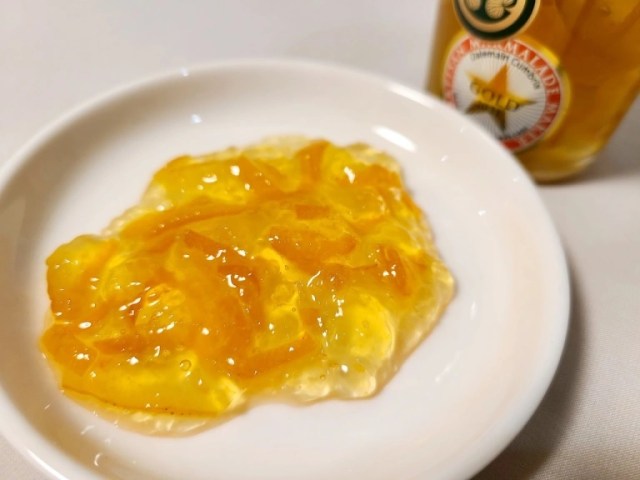
Yuzu is another Japanese citrus fruit, with a flavor somewhere near the nexus of orange, lemon, and lime. It’s generally sharper than mikan, but as becomes a fruit bearing a samurai’s name, the Ieyasu Mikan is strong enough to not be overwhelmed, letting both the mandarin and yuzu notes play across your palate.
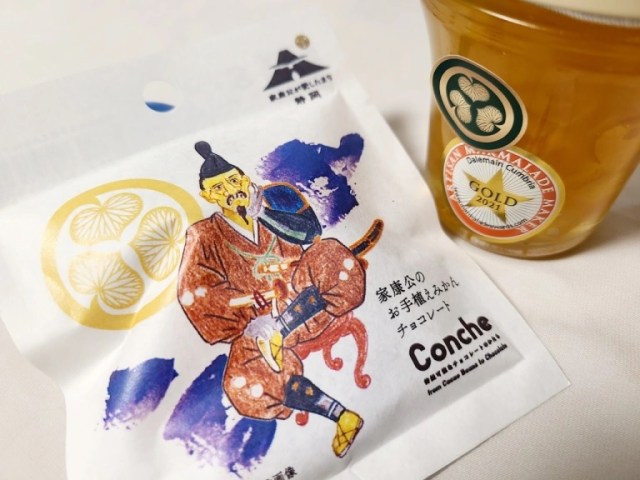
Both the Ieyasu Mikan Chocolate and marmalade can ordered online, chocolate here (2,720 yen [US$20] for a box) and marmalade here (1,200 yen for a jar), for anyone who wants a literal taste of history.
Photos © SoraNews24
● Want to hear about SoraNews24’s latest articles as soon as they’re published? Follow us on Facebook and Twitter!
Credit:

0 comments: